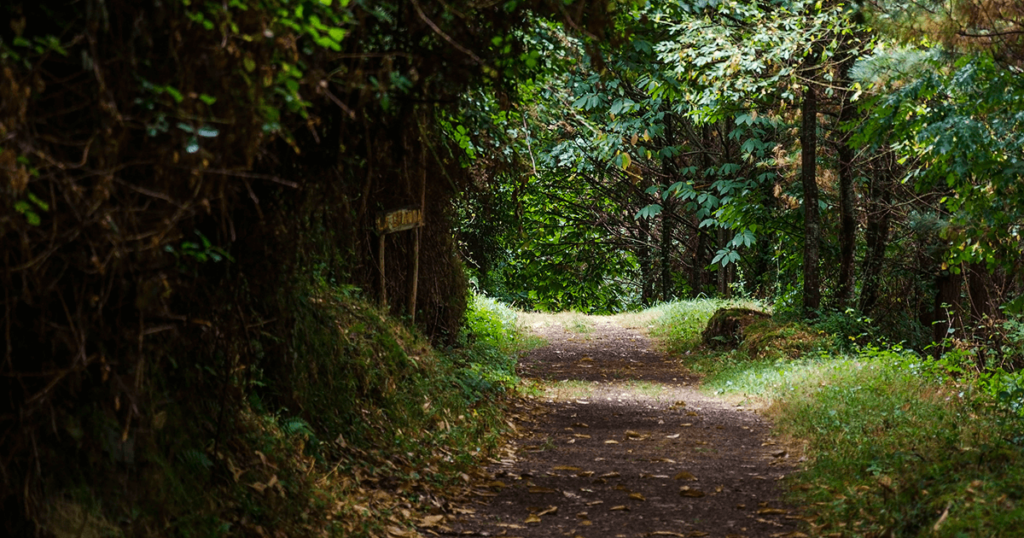
A person of habit both clings to established routines and glories in them, which to anyone else might look like glorying in servitude. Freed from the tyranny of routine, such a person of habit would quickly establish new routines to rule his life. Such a person am I, needing the habit to keep me from fumbling and stalling. If I didn’t get up before 6 every morning, I wouldn’t know when to get up. Or to get up at all. If I didn’t have exactly the same cup of coffee each morning at exactly the same time, what would I do instead? And how would I know what the next step was if I hadn’t taken that first one with coffee? If I didn’t run one of my four routes, would I even go?
None of these habits—rising early, drinking coffee, running—is necessary to life, but I’ve made them seem so. Take my running route, for example. I love to explore a new path, but not at the cost of bypassing my old path, and when a side road presents itself, I assiduously ignore it. It’s wise to, I feel: should I take a new path, explore a new area, why, who knows what would happen and where I would end up. And while I’m telling myself so, I have successfully passed temptation.
One Saturday, however, unaccountably lazy and uncharacteristically accepting, I took a walk instead of going for a run, and the side roads I took led me through some dense underbrush in dark ravines not more than 10 minutes from my house. My mental map of the land around where I live is not topographic, and so I am always surprised by the new gullies and ravines that occasionally present themselves. Who’d have guessed, I remarked to my running mate, that just a skip and a jump off the beaten path is this jungle? We had followed a dirt lane from the highway and when it branched took the less traveled one, and found ourselves descending a muddy track that was soon a rivulet with a canal alongside it made of stones. We found an old washhouse full of water streaming in over the stones. Tracks of javalís, the wild boars that for several years have driven gardeners mad with their foraging, were clear in the mud, alongside the itsy-bitsy prints from baby boars following the mama to drink.
Our road, after narrowing into undergrowth, widened again and became a track bordering a large estate. From there, we were soon on another highway. Later, imagining skirted women carrying baskets of wash down to the washhouse and remembering the prints of the wild boar and the trickle and drip of accumulating water, seeing a wrought-iron fence with its spires poking out of a welter of growth and a grand gate thrown open onto the lane, and so back to familiar territory: What difference had the less traveled road made? My muddy shoes to clean, a happy notion that boars are prospering though maligned, a number of minuscule ticks to remove from my ankles, scratches on my shins, and a memory of gurgling water in the green shadows of the lost ravine.

